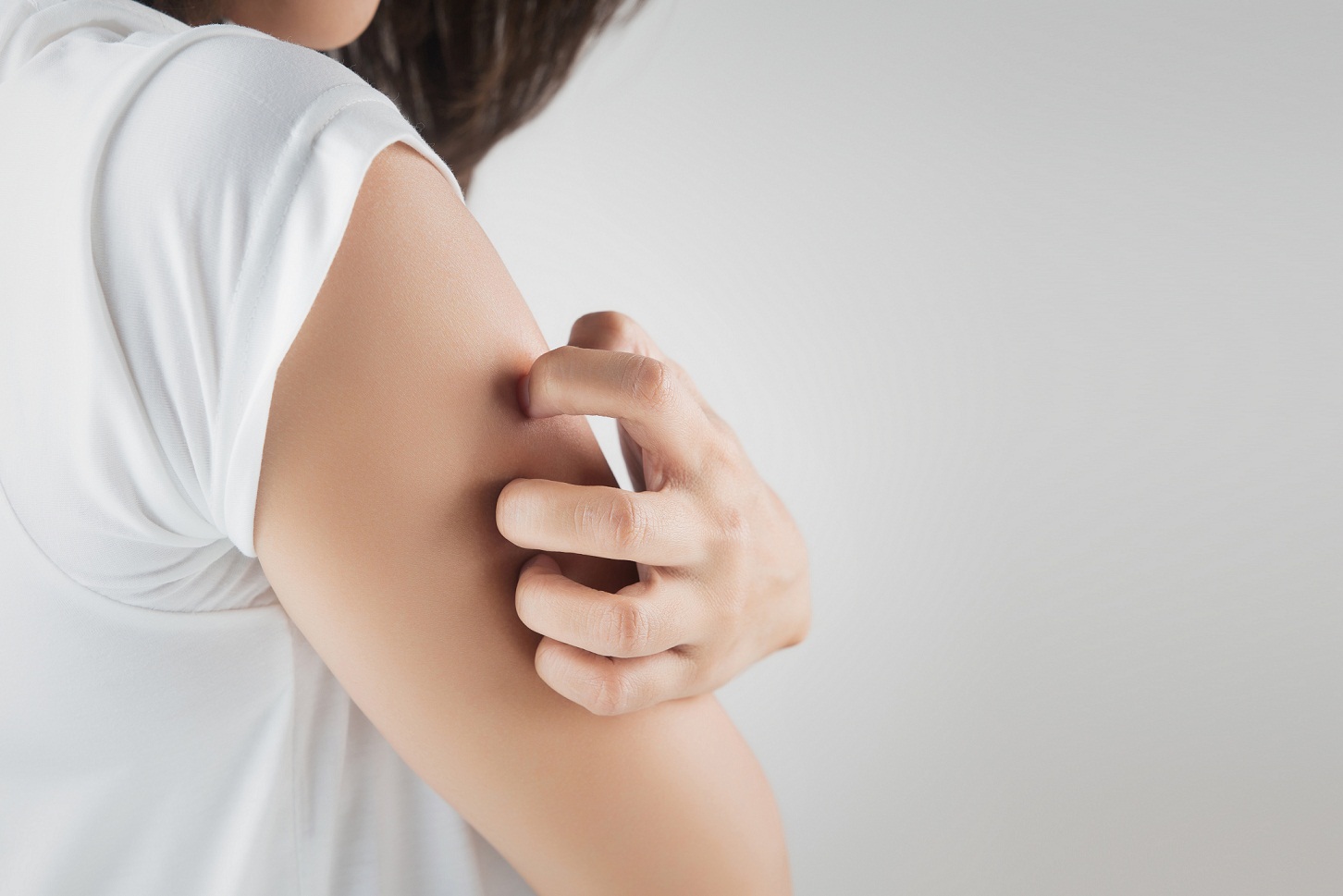Future Vaccines
NIH to Test Mosquito Saliva Protein Vaccine Against Mosquito-Borne Diseases Like Zika
Published March 9, 2017 | Vaccination, Future Vaccines

Blood samples will be taken at various time points to measure antibody response by participants.
A London-based pharmaceutical company, SEEK, developed AGS-v, the investigational mosquito-borne disease vaccine. AGS-v vaccine contains four synthetic proteins from mosquito saliva, which researchers hope will prompt people to produce antibodies that cause an immune response to mosquito saliva when bitten by mosquitoes, rather than a response to a specific virus or parasite carried by the mosquitoes. The theory is that vaccinated persons will have a modified allergic response that can prevent future infection when bitten by a disease-carrying mosquito.
The antibodies are intended to provide protection against a broad range of mosquito-transmitted diseases, such as Zika, malaria, West Nile fever and dengue fever.
The company expects that the ability of a mosquito to transmit infections like Zika will be blocked after the insect feeds on the blood of a person injected with the AGS-v vaccine. Scientists are hoping the new vaccine will stimulate altered behavior in the mosquitoes—like reduced ability to reproduce—and even a shortened lifespan.
NIAID is seeking healthy adults, between 18 to 50 years of age, for enrollment in the Phase I double-blind trial. Researchers will randomly assign participants to one of three vaccine groups. One group will be injected with two doses of the unadjuvanted test vaccine, 21 days apart. A second group will be injected with two doses of the test vaccine combined with an oil and water adjuvant, 21 days apart. The third group will receive two sterile water placebo injections, 21 days apart.
Another 21 days after vaccinations, all study subjects will be exposed to a controlled 20 minute session at an NIH lab of being bitten on the arm by Aedes aegypti mosquitoes that are not carrying viruses or parasites. A Feb. 23, 2017 NIH press release states that there is no risk to participants of being infected with Zika, malaria, West Nile fever or dengue fever after being bitten by the mosquitoes.
Blood samples will be taken at various time points to measure antibody response by participants. Following the mosquito feeding, the patients will also have follow-up visits every 60 days for five months to assess any adverse events following vaccination. The final assessment will take place at approximately 10 months following the mosquitoes feeding on the blood of trial participants.
According to NIAID Director Anthony Fauci, MD:
Mosquitoes cause more human disease and death than any other animal. A single vaccine capable of protecting against the scourge of mosquito-borne diseases is a novel concept that, if proven successful, would be a monumental public health advance.Aiming to complete the trial by Dec. 31, 2019, the small clinical trial and follow-up will take place at the NIH clinical center in Maryland.1 2
References:


No comments:
Post a Comment